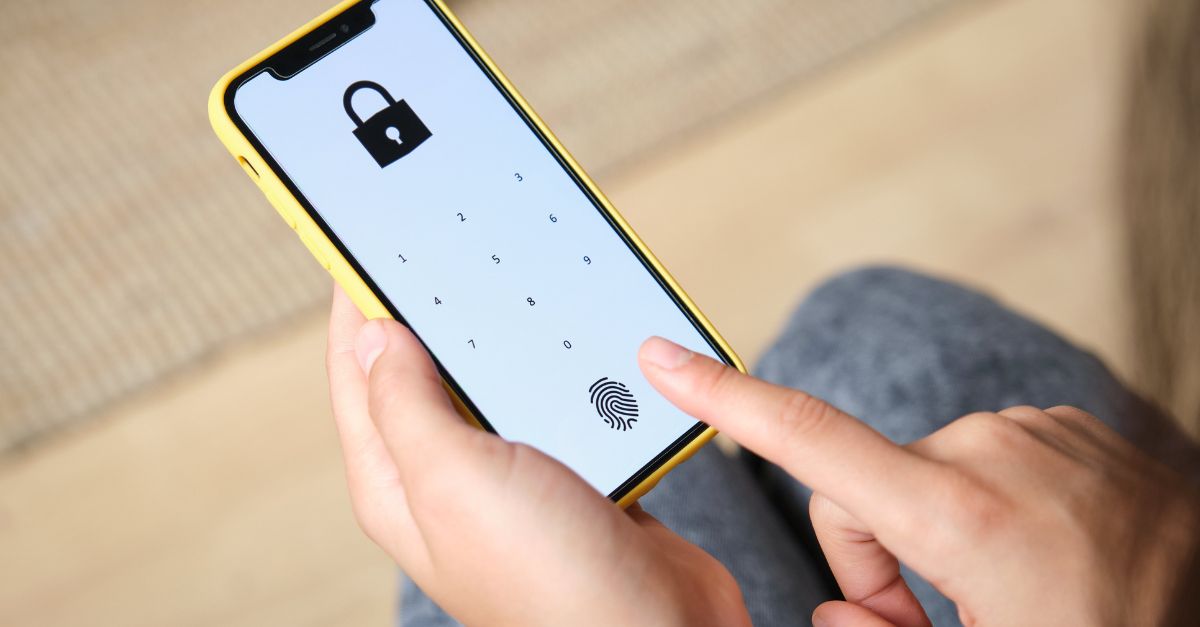The securing of digital identities is an essential part of a security infrastructure, especially the sensitive data governmental bodies deal with. Managing these identities can be costly and time-inefficient and can often lead to security oversights. Effective digital identity systems not only enhance security and streamline processes but can also offer significant cost-saving opportunities. This post explores how governments can leverage Public Key Infrastructure (PKI) for digital identity security to reduce inefficiency, prevent fraud, and ensure sustainable operations.
What Digital Identity Means for Governance
Digital identity refers to the online or networked identity adopted or claimed in cyberspace by an individual, organization, or electronic device. Governments are increasingly adopting digital identity systems to streamline services, enhance security, and improve accessibility for citizens, and it is becoming a cornerstone of modern e-governance. It enables individuals and organizations to interact with government services securely and efficiently. These systems help in a variety of ways, such as:
- E-Government Services: Digital identity simplifies access to public services such as tax filing, social security, and healthcare. Citizens can easily authenticate themselves online, reducing the need for physical visits and paperwork.
- Security: By ensuring that only authorized individuals can access sensitive information, digital identity systems help reduce fraud and identity theft. This is particularly important for protecting personal data and maintaining public trust, as well as preventing costly breaches and security incidents.
- Efficiency: Digital identity systems speed up processes and reduce the reliance on paper-based transactions. This not only saves time but also reduces administrative costs and the environmental impact associated with paper usage.
Digital identity tools allow governments to provide more secure, efficient, and accessible services to their citizens, fostering trust and improving the overall user experience.
Public Key Infrastructure (PKI) and Its Role in Digital Identity
PKI is a framework of policies, technologies, and procedures that enables secure electronic communications. It does this using cryptographic keys to authenticate and encrypt data, ensuring that digital identities are verified, and communications are secure, and is an essential part of maintaining secure digital identities. Here’s how PKI works to enhance digital identity systems:
- Authentication: PKI ensures that the digital identity presented is genuine by using digital certificates issued by trusted Certificate Authorities (CAs). These certificates verify the identity of users, devices, or services, providing a high level of trust in digital interactions.
- Encryption: Protecting sensitive data during transmission and storage. PKI enables the encryption of data to ensure that it remains confidential and secure from unauthorized access. By using public and private keys, PKI ensures that only intended recipients can decrypt and access the information. This is crucial for safeguarding sensitive government data and maintaining privacy in digital communications.
- Integrity: Digital signatures provided by PKI ensure that the data has not been altered in transit. This keeps the integrity of the information, assuring recipients that the data they receive is exactly as it was sent.
- Non-repudiation: PKI provides proof of the origin and integrity of data, ensuring that the sender cannot deny having sent the information. This is crucial for legal and regulatory compliance, as it provides a verifiable audit trail of digital transactions.
By integrating PKI into digital identity systems, governments can provide secure, efficient, and reliable services to their citizens, fostering trust and enhancing the overall user experience.
Benefits of Digital Identity Security for Governmental Bodies
Digital identity isn’t about staying secure. Implementing robust digital identity security systems offers many benefits for governmental bodies. By building a solid and trustworthy online identity, governmental bodies can take advantage of the benefits of having a secure online front to build from. Here are some key advantages:
- Cost Savings: Identity verification tools like digital signatures and certificates streamline processes and reduce the need for physical paperwork, leading to significant cost savings. By automating tasks and reducing manual intervention, governments can allocate resources more efficiently and cut down on administrative expenses.
- Sustainability Goals: Digital document signing and electronic transactions contribute to long-term sustainability goals by reducing paper usage and minimizing the environmental impact. Governments can promote eco-friendly practices and show their commitment to sustainability.
- Enhanced Trust: Secure digital identity systems build trust between citizens and government institutions. When citizens feel confident that their personal information is protected, they are more likely to engage with digital services and take part in e-governance initiatives.
- Improved Accessibility: Having a secure digital identity means wider scope for services that can be hosted online, which in turn can make government services more accessible to citizens, regardless of their location. By providing secure online platforms, governments can ensure that citizens can access essential services conveniently and efficiently.
- Compliance and Accountability: Robust digital identities help governments follow legal and regulatory requirements. By providing verifiable audit trails and ensuring data integrity, these systems enhance accountability and transparency in government operations.
By using digital identity security, governmental bodies can achieve greater efficiency, sustainability, and trust, ultimately improving the overall quality of public services and easing workflows for IT teams.
Empowering Government Digital Identity with PKI
Digital identity is enabling secure, efficient, and accessible interactions between citizens and government services. By integrating PKI into digital identity systems, governments can enhance security, ensure data integrity, and build trust with their citizens. PKI provides robust authentication, encryption, and non-repudiation, making it an essential part of any digital identity strategy.
For governmental bodies looking to enhance their digital identity systems, GlobalSign's managed PKI service offers a comprehensive solution. With GlobalSign's expertise and trusted digital certificates, governments can ensure the highest level of security and reliability for their digital identity initiatives. By leveraging GlobalSign's managed PKI service, governments can achieve cost savings, meet sustainability goals, and provide citizens with secure and efficient access to public services.







